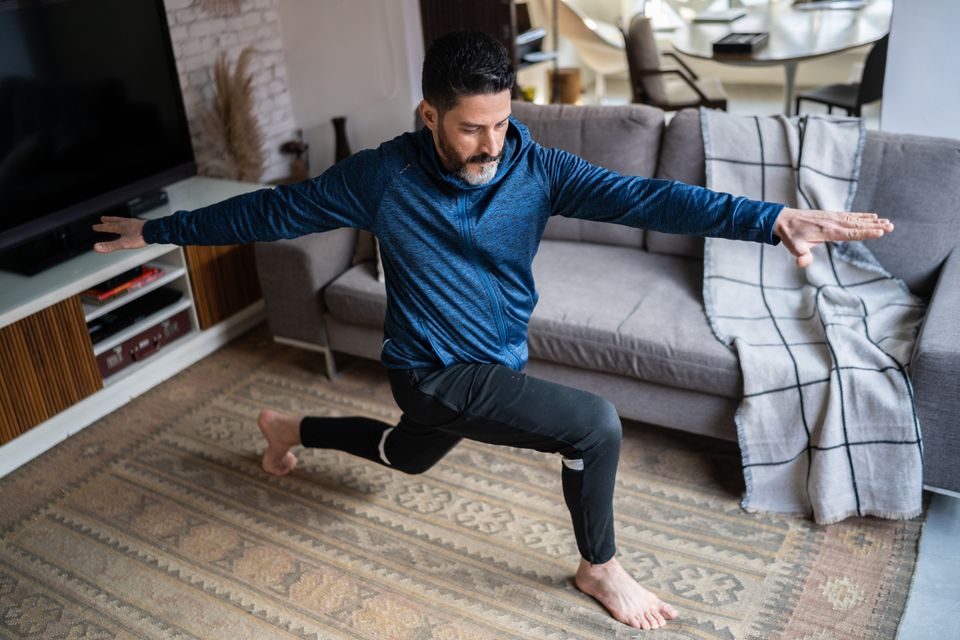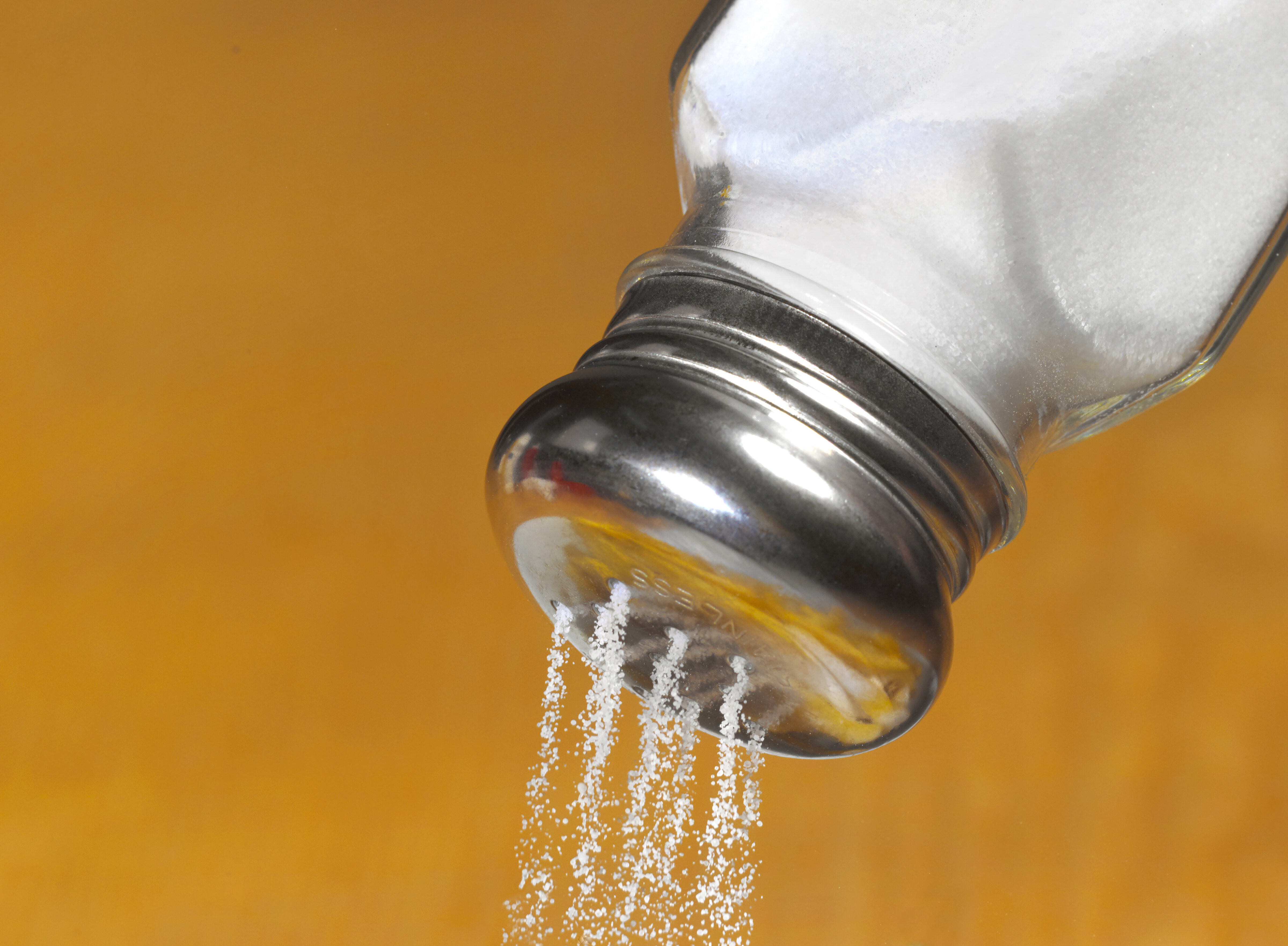While you’re probably used to asking your doctor about new moles or a pesky cough, you might not be used to talking to them about your social connections or anxiety.
Turns out, there’s an array of topics you should be bringing up with your primary care doctor (or your neurologist, if you have one), according to a recent report in the journal Neurology.
Advertisement
The report detailed 12 questions that patients should discuss with their physician that can help protect the brain from cognitive decline. And while it lists some obvious brain health inquiries, it also includes factors that you likely don’t connect to your cognitive health, like your social interactions and diet.
Here are the 12 questions, according to the journal:
-
Sleep: Are you able to get sufficient sleep to feel rested?
-
Affect, mood and mental health: Do you have concerns about your mood, anxiety or stress?
-
Food, diet and supplements: Do you have concerns about getting enough or healthy enough food, or have any questions about supplements or vitamins?
-
Exercise: Do you find ways to fit physical exercise into your life?
-
Supportive social interactions: Do you have regular contact with close friends or family, and do you have enough support from people?
-
Trauma avoidance: Do you wear seatbelts and helmets, and use car seats for children?
-
Blood pressure: Have you had problems with high blood pressure at home or at doctor visits, or do you have any concerns about blood pressure treatment or getting a blood pressure cuff at home?
-
Risks, genetic and metabolic factors: Do you have trouble controlling blood sugar or cholesterol? Is there a neurological disease that runs in your family?
-
Affordability and adherence: Do you have any trouble with the cost of your medicines?
-
Infection: Are you up to date on vaccines, and do you have enough information about those vaccines?
-
Negative exposures: Do you smoke, drink more than one to two drinks per day or use nonprescription drugs? Do you drink well water or live in an area with known air or water pollution?
-
Social and structural determinants of health: Do you have concerns about keeping housing, having transportation, having access to care and medical insurance or being physically or emotionally safe from harm?
Experts say these questions align with previous research findings and a focus on prevention instead of treatment.
This study is backed up by a report from The Lancet, another medical journal, last year, as Dr. James Ellison, a psychiatrist at Jefferson Health in Philadelphia, pointed out. That report found that 45% of cases of cognitive decline or dementia could be delayed or even prevented by simple lifestyle interventions.
“I would say that the Neurology journal is keeping up with the current trend in health care, which is to try and emphasise wellness and prevention and not just response to disease,” Ellison said.
Advertisement
Dr. Tanu Garg, a vascular neurologist at Houston Methodist Hospital who often treats stroke patients, added that many of her patients’ families ask what can they do so they don’t end up in the same situation as their loved ones — and these lifestyle interventions are the answer.
“That’s why these questions are very important, because we are trying to prevent people from having difficulties in the future, whether it’s heart attack, strokes or just, in general, for brain health,” Garg explained.
How do these factors impact brain health?
While it’s clear how certain habits mentioned above could affect your cognitive health (like wearing a helmet, for example), other factors are a little more nuanced ― but are just as important to manage.
Advertisement
For instance, socialisation is a true indicator of brain health. “We are social beings … and there are even changes in metabolic activity and brain activity that occur when we’re isolated that are harmful,” Ellison said.
With isolation comes loneliness, which can put you at higher risk of cognitive decline and stroke, Ellison added. “It’s very important to cultivate a social network,” he said.
Garg also noted that those with close family and friend connections can also get more support when recovering from health issues, which is important for well-being, too.
Advertisement
The factors that seem to relate more to heart health, like blood pressure, are important, too. “Almost everything that’s good for the brain is actually also good for the heart,” Ellison said. “When the heart is functioning properly, it provides nutrients and oxygen, which fuel the brain and keep it healthy, and it helps remove toxic metabolites from the brain as well.”
“When the heart is not functioning properly, the circulation and oxygenation and metabolic care of the brain is compromised, and that can lead to cognitive changes,” Ellison continued. He added that one of the most common kinds of cognitive decline in older people is “vascular cognitive impairment, which is a direct result of compromised circulation in the brain.”
Garg said simple, small positive habits, like diet and exercise, can often bring the biggest health rewards. She recommends a Mediterranean diet and said you should talk to your doctor about the best exercise regimen for you, as it varies person to person. Additionally, if you smoke, you should talk to your doctor about quitting, to protect both your brain and your overall health, Garg said.
Advertisement
It’s also important to manage your emotions, and you can talk to your doctor about how to best do that, too. “There are so many different ways to curb anxiety and stress, but people don’t realise how much of an impact it can make on your body and your brain,” Garg said. Research shows that anxiety is linked to higher rates of dementia.

rbkomar via Getty Images
These are questions you should bring up throughout your life, not just once you reach a certain age.
While it’s never too late to think more holistically about your brain health, you should always pay attention to them — not just once you reach old age.
Advertisement
Ellison said these questions focus “on prevention throughout the life cycle, not just in the elderly.”
While cognitive decline is often only associated with getting older, problems during mid-life, such as sleep disorders and unmanaged high blood pressure, can compound your risks for cognitive decline and dementia later on, he added.
It’s also important to talk to your doctor about any cognitive changes you notice, no matter your age.
Advertisement
“If you go see a doctor sooner than later, then we can find things that are reversible to prevent further decline. But when you’re afraid or you’re not sure if it’s the right thing to do, then we may get to the point where you’re not able to fix things,” Garg said.
Garg always reminds her patients that it’s OK to ask your doctor questions, whether you think they’re the “right” ones or not.
Ellison added that not all cognitive changes are related to major health issues, either. Stress, anxiety, certain medications and certain health conditions can cause cognitive issues, too, making it crucial to talk to your primary care provider.
Advertisement
Your doctor can also help you incorporate exercise, social connections, a nutritious diet and other healthy lifestyle habits into your life — because there’s real proof that these good habits work, Ellison said. The rate of dementia in older adults is decreasing. Specifically, dementia rates have fallen 13% per decade over the last 25 years, according to a 2020 study.
“The decrease in incidence has been attributed to population improvements in cardiac health, greater awareness of diet and exercise,” Ellison said.
While these habits may not seem big, they really can have a big impact on your brain health as you move through life.
Advertisement
























